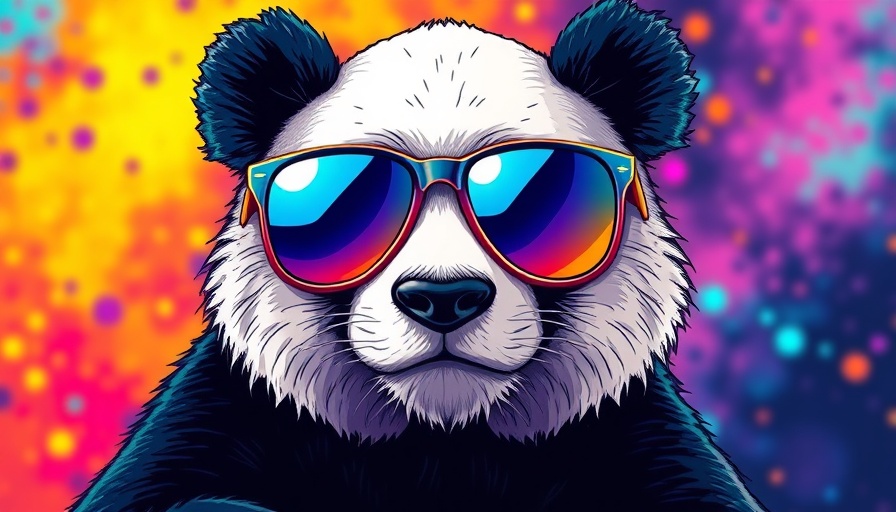
Are AI Images Facing a Decline in Google Image Rankings?
In the ever-evolving landscape of digital marketing, a significant shift appears to be happening in the realm of Google Image Search. Recently, reports have emerged that suggest Google may be down-ranking AI-generated images compared to their non-AI counterparts. This revelation has sparked considerable discussion among SEO professionals, particularly those whose strategies have leaned on the use of AI-generated content.
Understanding the Trends
Evidence of this down-ranking comes from Zack Notes, who noted a drastic drop in image traffic for his AI-generated visuals in late January 2025. Despite no changes on his end, the data indicated that Google might be employing a new quality metric—one that penalizes AI images. He shared a visual depiction of this decline, igniting a conversation in the SEO community about the implications for online marketing strategies.
The Community's Reaction and Insights
The discourse surrounding this issue has unearthed shared experiences. Kane Jamison, an SEO expert, echoed Zack’s concerns, emphasizing that multiple updates from Google since the fall suggested a concerted effort to recalibrate how AI images are treated within search results. These modifications could redefine traditional SEO strategies, adding complexity for small business owners and agencies who depend on image searches for visibility.
Why Are AI Images Not Ranking?
Google's potential re-evaluation could be rooted in a desire to enhance user experience. The glut of AI-generated images, which can often lack the organic attractiveness or context of human-created content, may be less engaging for users. Google, with its commitment to providing high-quality search results, might prioritize human-generated images to foster better user interaction.
The Bigger Picture: A Shift in SEO Strategies
This trend compels marketers to reconsider their reliance on AI-generated content. For small business owners and agencies, it may require a pivot back to more traditional image creation processes, or at least a blend of both AI and human artistry. It highlights the importance of innovation and adaptability in digital marketing. Ignoring this shift could render a marketing strategy obsolete as Google continues to evolve its algorithms.
Taking Action: How to Adapt
Marketers must remain vigilant and proactive. One potential strategy involves a diversified approach: utilizing both AI-generation tools and traditional techniques to create engaging visual content. By doing so, businesses can hedge against fluctuating search engine dynamics, ensuring that their visual assets resonate in a competitive digital space.
The Future of AI in Digital Marketing
Looking ahead, it's crucial for digital marketers to stay informed on Google's algorithm updates. The call for transparency in AI-generated content is growing, likely influencing future SEO practices. Engaging in community discussions, like those initiated on LinkedIn, provides marketers invaluable insights, fostering an environment where they can exchange real-time information and strategies.
Moreover, as businesses continue to innovate in their marketing efforts, understanding how AI and human creativity can coexist will be paramount. The conversation around AI's place in SEO is just beginning, and staying ahead of these trends will separate leaders from laggers in a saturated marketplace.
 Add Row
Add Row  Add
Add 




Write A Comment